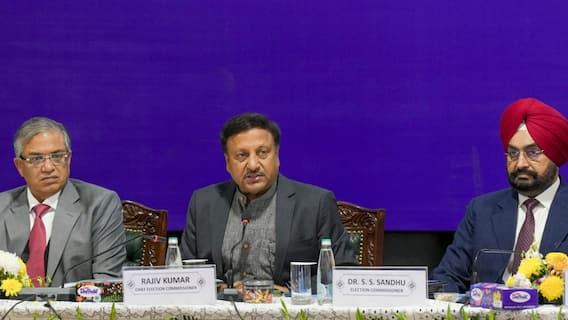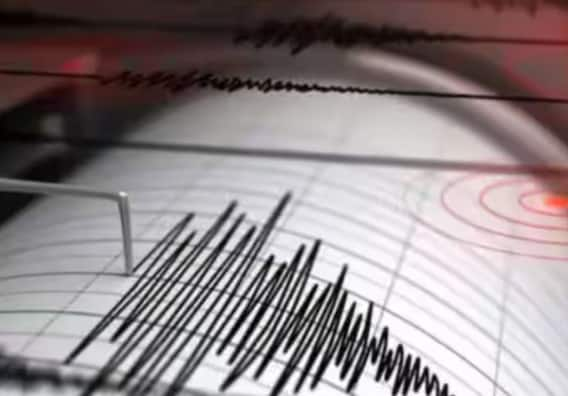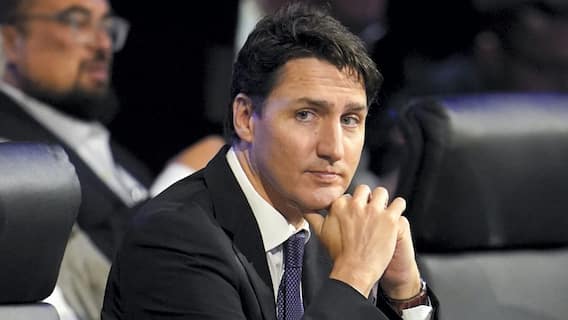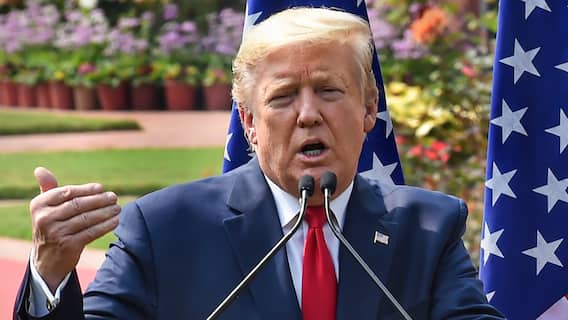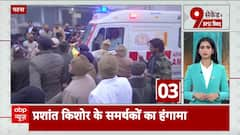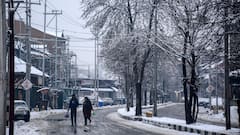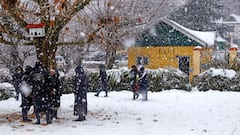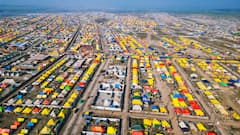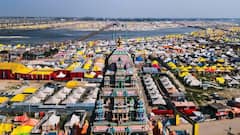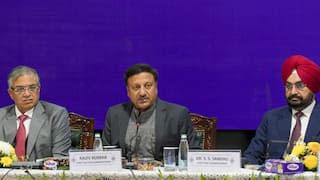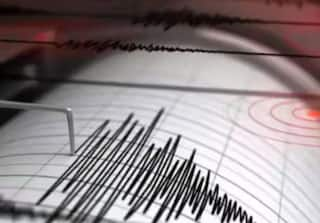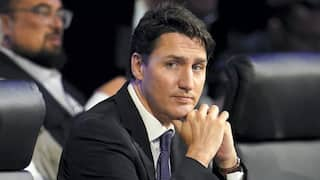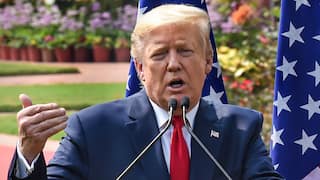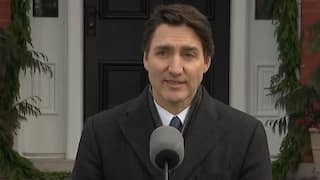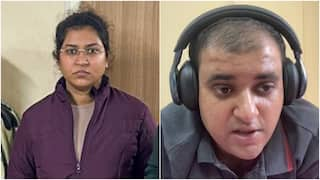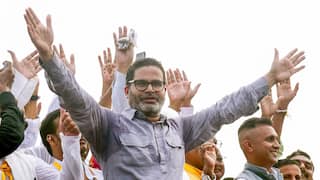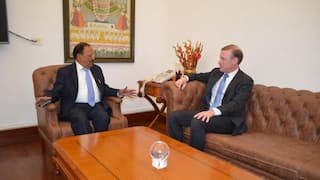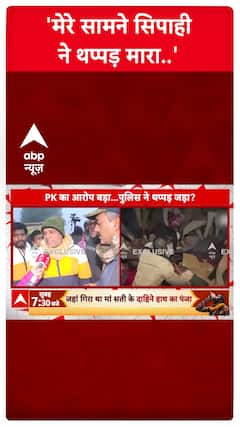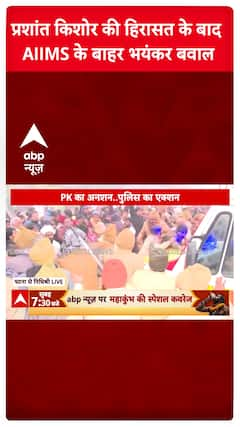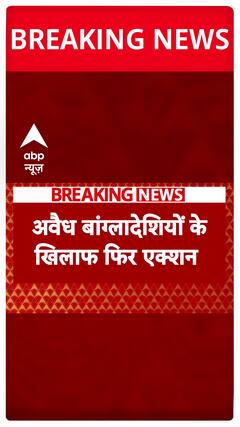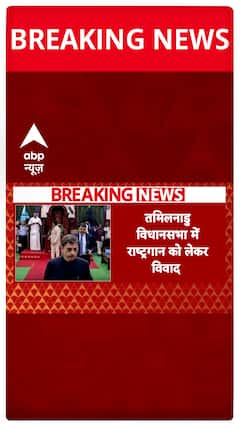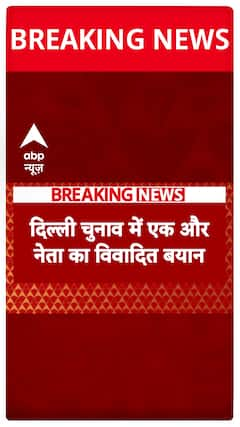Teachers' Day 2022: Know Why Dr Sarvepalli Radhakrishnan’s Birthday Is Commemorated As Teachers' Day
Dr Radhakrishnan, who served as India's second president (1962-1967), despite all of his successes and contributions, remained a teacher all his life.

Teachers' Day is celebrated to commemorate the birth anniversary of Dr Sarvepalli Radhakrishnan every year on September 5, who served as India's first vice president from 1952 to 1962 and was also a teacher and philosopher.
This day is dedicated to celebrating the partnership between students and teachers. The impact a teacher has on his or her students' life is immeasurable. Teachers are important role models and mentors for their students, and they also help to mould the brains of the next generation.
Dr Radhakrishnan also served as India's second president (1962-1967). He, despite all of his successes and contributions, remained a teacher all his life. He thought that the brightest minds in the country should teach us how to think for ourselves, making them true teachers.
Why Is 5th September Celebrated As Teachers’ Day?
Dr Radhakrishan was the second president of India when his pupils came to him in 1962 to request permission to celebrate September 5, his birthday. Instead, Dr Radhakrishnan asked for making September 5 to be celebrated as Teachers' Day in order to recognise the importance of teachers to society. This is how the tradition of celebrating teachers' day started.
The book "The Philosophy of Rabindranath Tagore," written in 1917 by Radhakrishnan, who earned a master's degree in philosophy, helped put India's philosophy on the global stage.
From 1931 to 1936, he served as vice chancellor of Andhra University. In 1939, he succeeded Madan Mohan Malviya as vice chancellor of Banaras Hindu University (BHU).
Dr Radhakrishnan was a distinguished student, a beloved professor, and a recognised author who held many positions during his lifetime. Later, he became a professor at Calcutta University and Presidency College in Chennai. He was well-liked by his pupils while serving as a professor at the Presidency College in Madras and the University of Calcutta.
He received the Bharat Ratna, India's highest civilian honour, in 1954 after being knighted in 1931. In 1963, the British Royal Order of Merit appointed him an honorary member.
Trending News
Top Headlines







